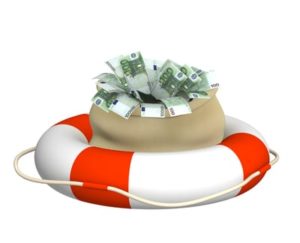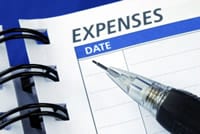
It’s that time of year again for open enrollment for medical insurance. For Medicare you have until December 7 to make any changes to your secondary insurance and/or prescription coverage until December 15.
To enroll and/or make changes to your Affordable Care Act health insurance, you have from November 1 to December 22 in Connecticut. Check your individual state for your specific deadlines.
If you are coverage is through your employer, fall is typically the time to make changes as well. Please check with your individual state or company for possible changes to the deadline date.
If you want some general questions to think about to compare your options, here are some that you can consider when making your health insurance selection that is best for you:
1. What type of insurance is this?
2. What is the monthly premium cost and how much am I responsible for paying?
3. Are there subsidies available for us?
4. Do I have out of network coverage?
5. How much are the deductibles for both in and out of network care?
6. How much do I have to pay to see a healthcare provider?
7. Do I have medical coverage out of state and out of the country?
8. Will I be able to use my current doctors?
9. What additional benefits are included (prescriptions, dental, vision, etc.)?
10. Are preventative visits (physicals, routine tests etc.) covered without a deductible?
11. What is the procedure for going to a specialist and/or the emergency room?
12. How are disputed claims handled?
Ask these and more questions to make sure you have all the information to make the most informed choice for you and your family. Mark your calendar today to do this during your open enrollment each and every year as medical plans changes and so do your needs. If you miss the open enrollment period, you can only make changes if you have a life changing event.
 Fact Checking Charities
Fact Checking Charities




